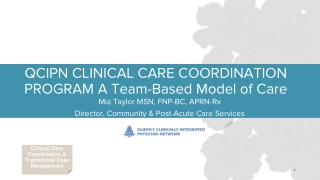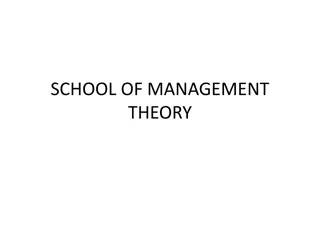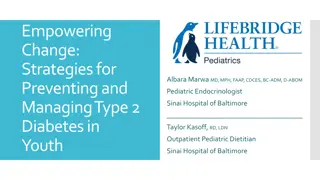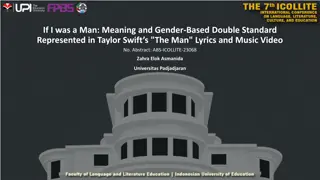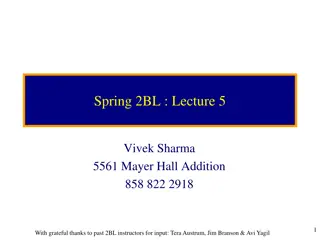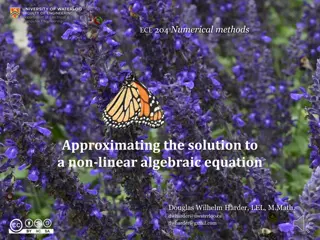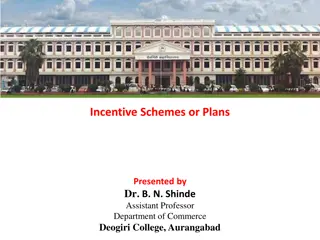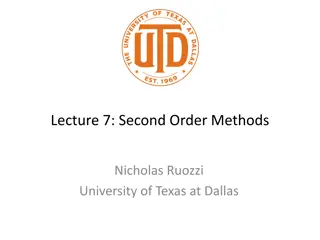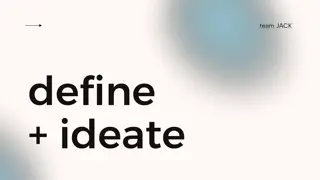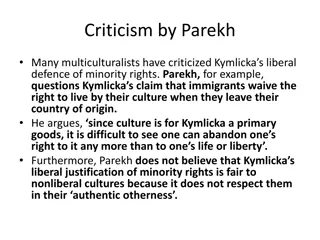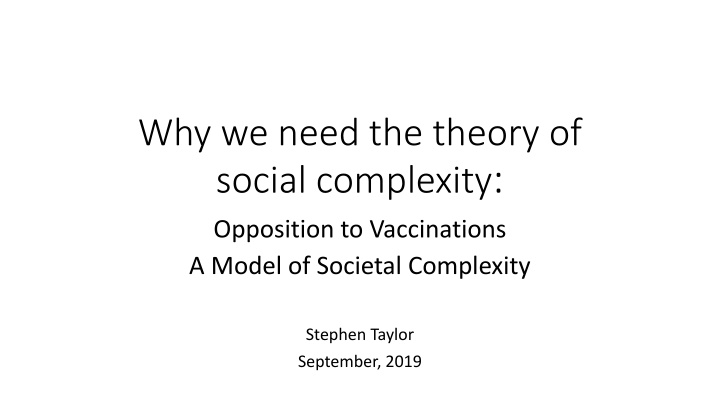
Social Complexity and Opposition to Vaccinations
Exploring the theory of social complexity in the context of opposition to vaccinations, examining factors such as societal diversity, success of vaccination programs, and challenges such as misinformation and distrust impacting public health initiatives.
Download Presentation

Please find below an Image/Link to download the presentation.
The content on the website is provided AS IS for your information and personal use only. It may not be sold, licensed, or shared on other websites without obtaining consent from the author. If you encounter any issues during the download, it is possible that the publisher has removed the file from their server.
You are allowed to download the files provided on this website for personal or commercial use, subject to the condition that they are used lawfully. All files are the property of their respective owners.
The content on the website is provided AS IS for your information and personal use only. It may not be sold, licensed, or shared on other websites without obtaining consent from the author.
E N D
Presentation Transcript
Why we need the theory of social complexity: Opposition to Vaccinations A Model of Societal Complexity Stephen Taylor September, 2019
Increasing Social Complexity FROM living in geographic communities with similar people with similar attitudes, ethics, religion, etc.. Most of life lived Face to Face New-comers adopt community ways TO living simultaneously in several communities of interest. geographic communities are less important. Life is lived more through various electronic social media. New-comers maintain their culture
Leads to social diversity & complexity More and more people, more and more diversity of ideas, standards, ethics, and consequent increased complexity.
Opposition to vaccination: an example ANTIVAXXERS People who refuse to be vaccinated and/or refuse to have their children vaccinated. World Health Organization (WHO) regards this phenomenon to be among the 10 most serious global health problems. Why?
Success of vaccination may be a cause General Public Health strategies have been so successful in improving environments that people in much of the world have not been exposed to the reality of devastating diseases. Polio, small pox, whooping cough Emergence of New Measles
Other important factors False link between early childhood vaccination and autism Distrust of Health industries big pharma Denigration of Expertise Culture & religious objections Lack of or poor quality health and science education Fake science, news and even conferences
Complex Societal Problem Multiple factors influencing the problem Many diverse actors and interest groups Various types and degrees of Power The situations provoke strong emotional responses Lack of simple solutions, or in fact, a simple solution is WRONG!
SOME POWER RELATIONSHIPS GOVERNMENT LEGISLATORS CAN MAKE LAWS PUBLIC HEALTH WORKERS POWER OF PERSUASION EDUCATORS POWER OF PERSUASION MEDICAL WORKERS DOCTORS POWER OF PERSUASION NURSES POWER OF PERSUASION MEDICAL INDUSTRY PARENTS VAXXERS VACCINATE ANTI-VAXXERS DON T VACCINATE
APPLYING THE COMPRAM METHODOLOGY BRINGS REPRESENTATIVES OF ALL ACTORS AND AFFECTED PEOPLE TOGETHER DEFINES TERMINOLOGY ACCOUNTS FOR POWER AND EMOTIONAL ASPECTS ALLOWS FOR OPEN DISCUSSION OF THE ISSUES DEVELOPS WAYS OF HANDLING A PROBLEM THAT ARE ACCEPTABLE TO ALL INTEREST GROUPS
THANK YOU Stephen Taylor Montr al, Qu bec, Canada stevetaylorphd@hotmail.com


